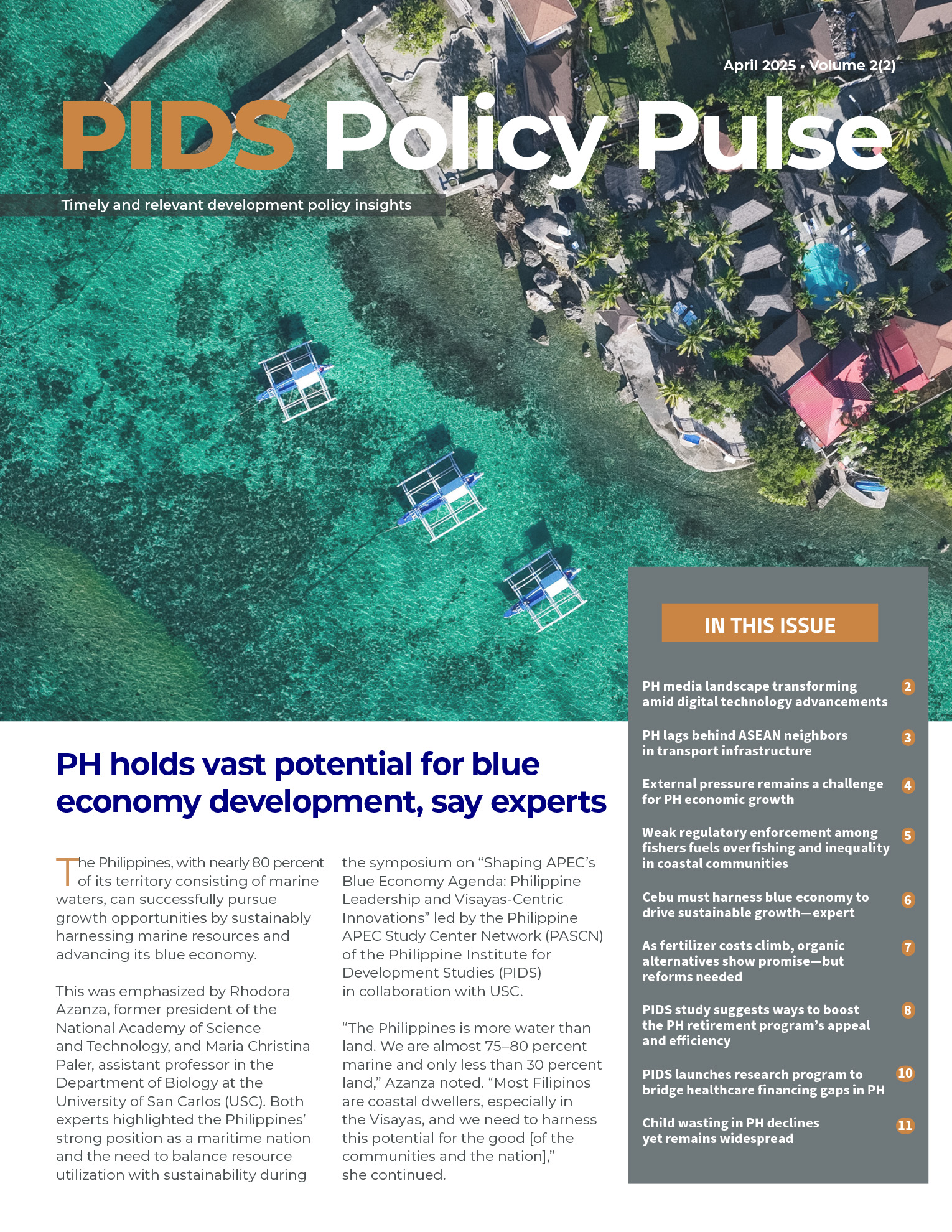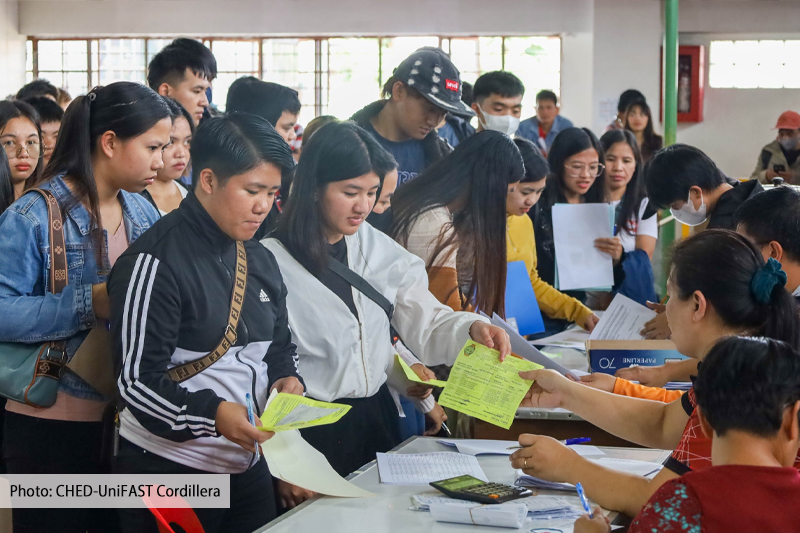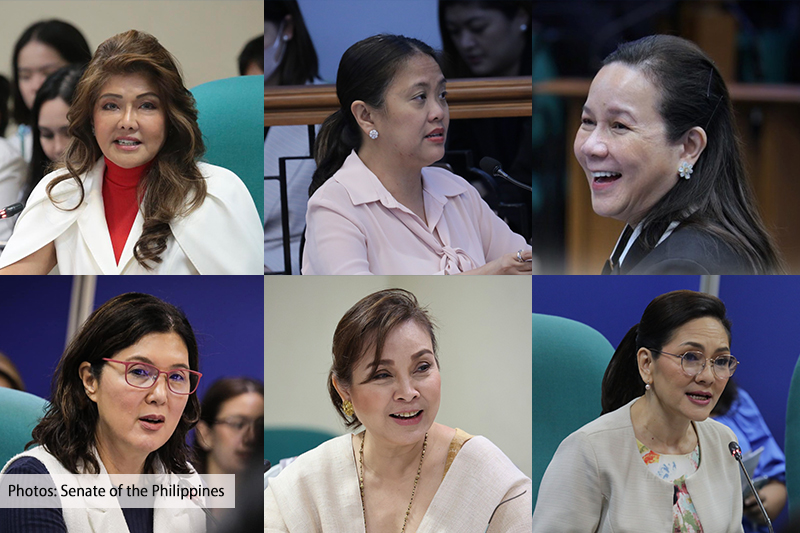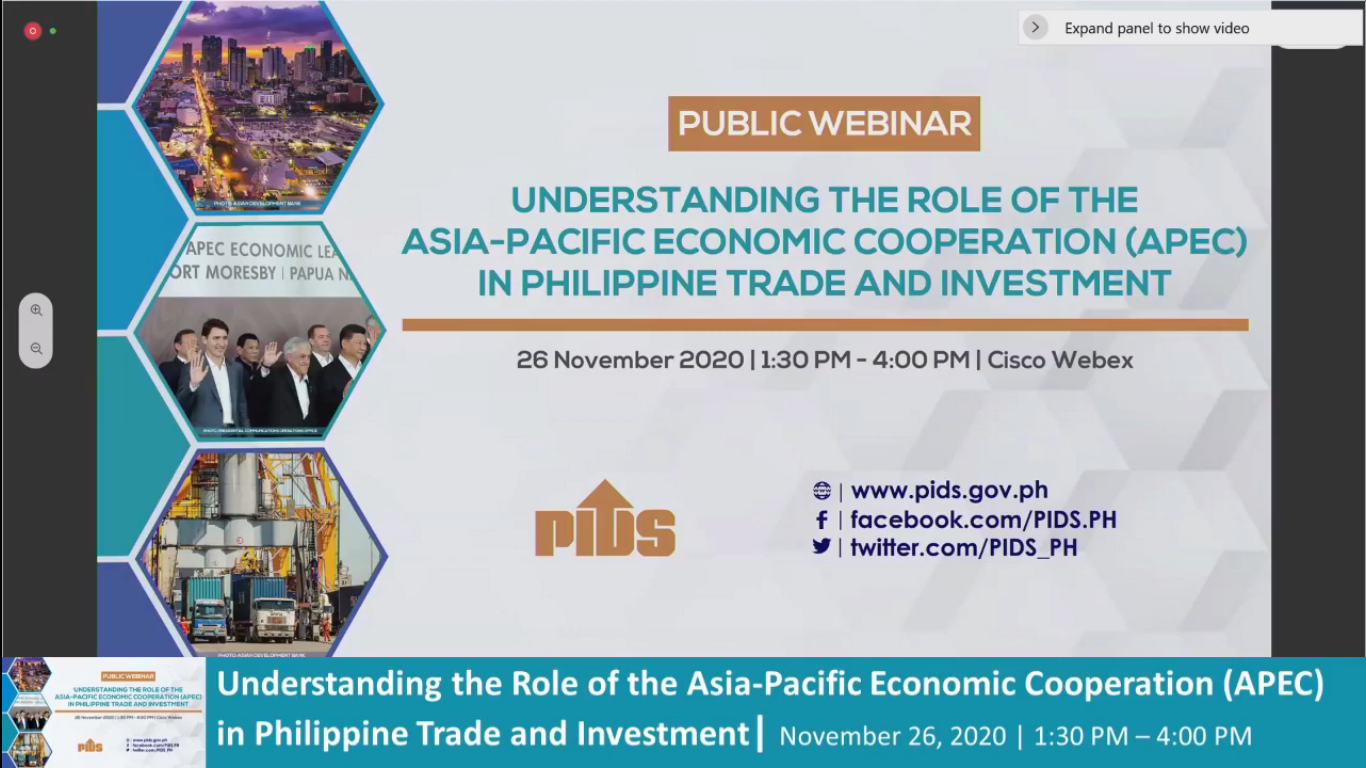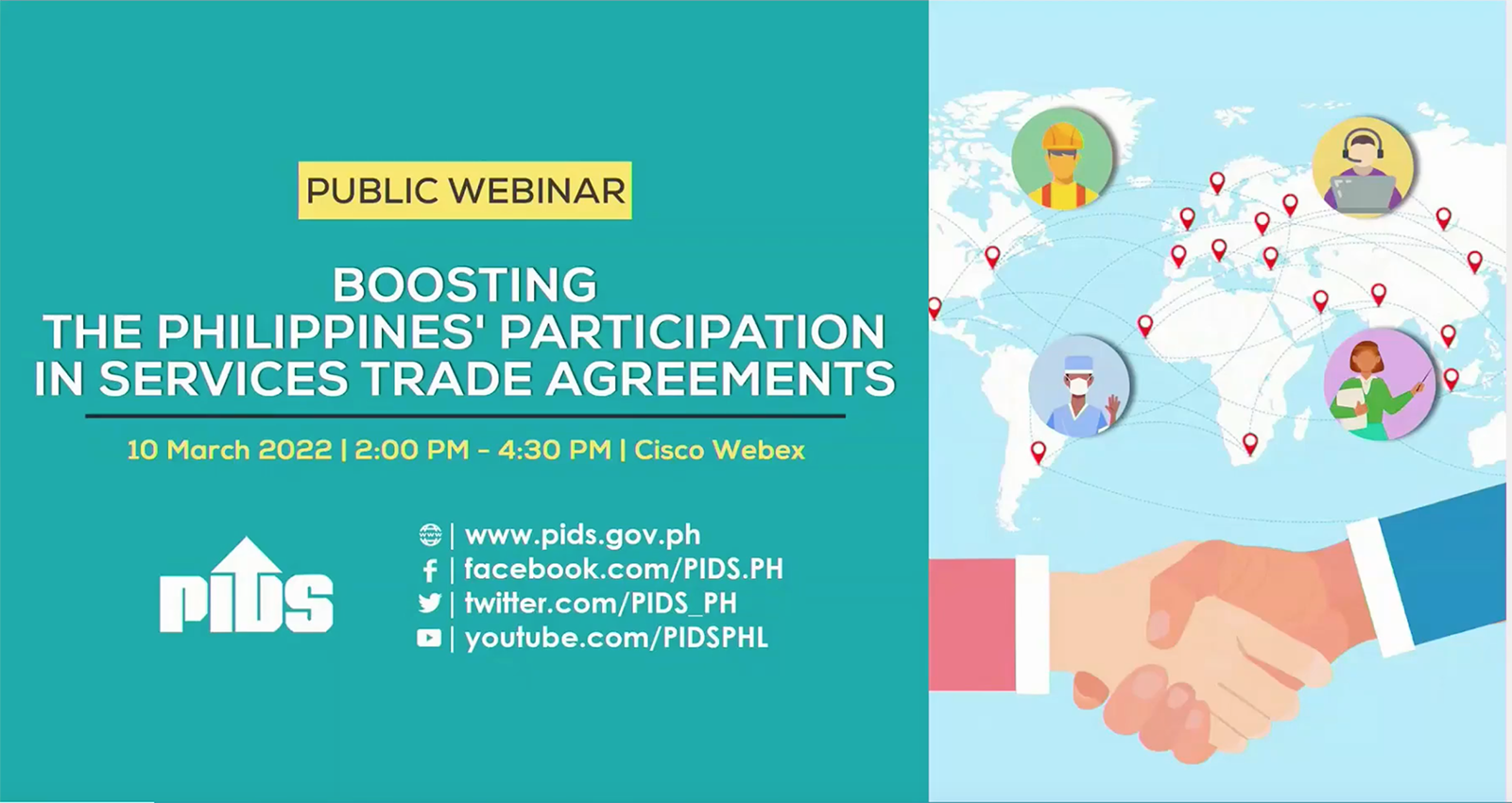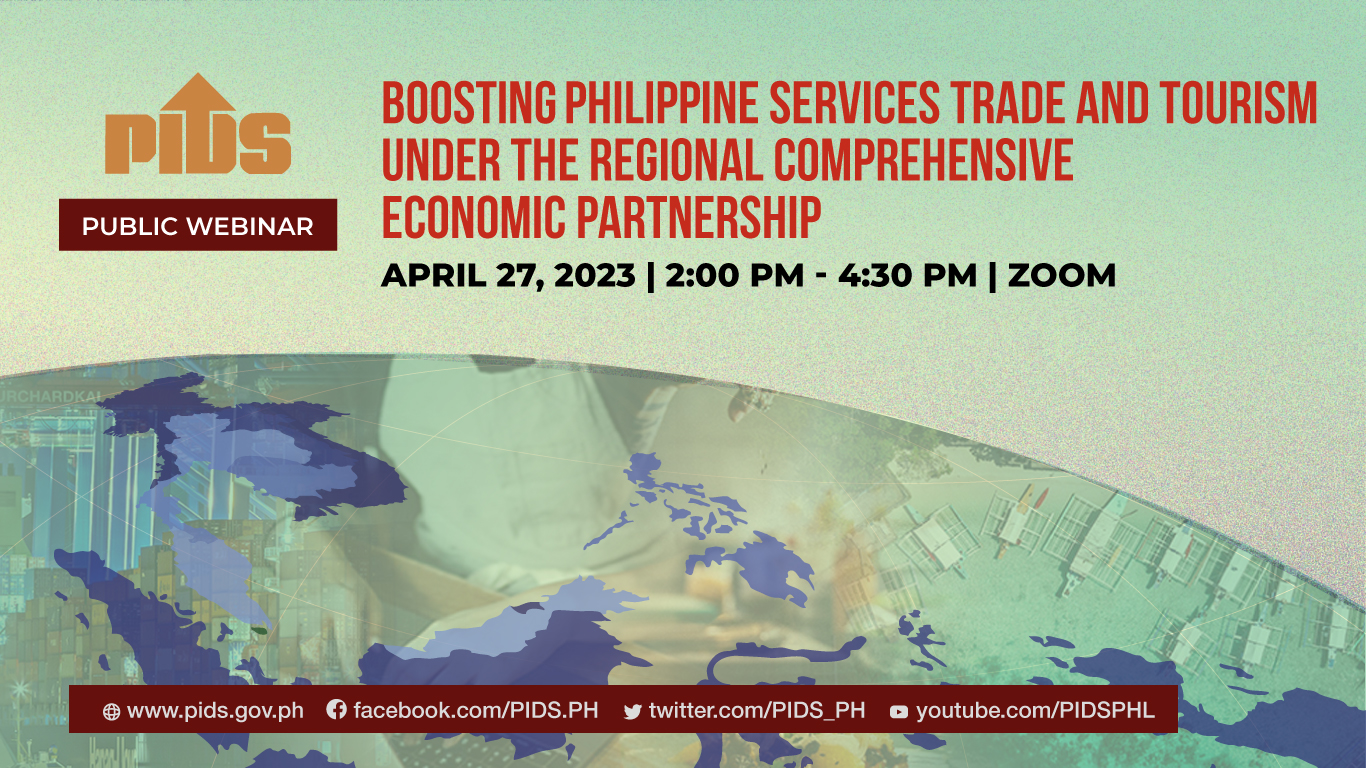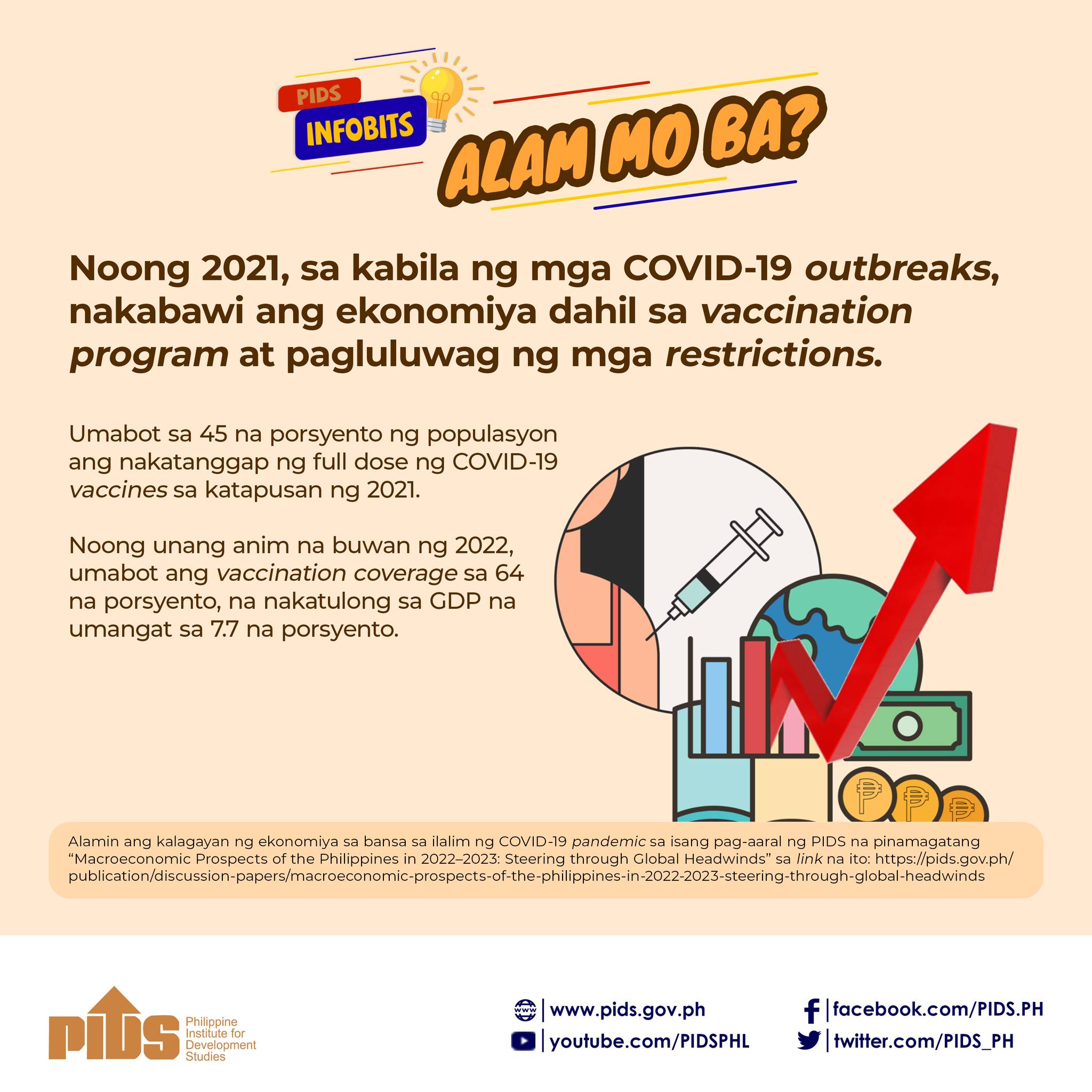A few gaps and challenges still hamper logistics and trade facilitation in the Philippines, and removing them, while necessary, will also be difficult, requiring changes to current national laws, according to a new study released by the Philippine Institute for Developmental Studies (PIDS). The logistics and transportation sector has made significant progress in liberalization and deregulation, but some trade barriers remain, is the assessment of the research paper entitled "Toward Informed Regulatory Conversations and Improved Regulatory Regime in the Philippines: Logistics Sector and Trade Facilitation.” A list of these remaining restrictions emerged following a poll of industry regulators and a review of current regulatory policies, according to lead author Gilberto Llanto of PIDS. The respondents in the survey-interviews were government officials and staff in sectors involved in fast-tracking trade and logistics, including those from the Bureau of Customs, Civil Aeronautics Board, Civil Aviation Authority of the Philippines, Department of Public Works and Highways, Land Transportation Franchising and Regulatory Board, Maritime Industry Authority, and Philippine Shippers Bureau.
For many of the remaining barriers, their removal lies in "amendments to existing laws and even enactment of new laws,” noted the study. This covers issues concerning foreign equity participation, the movement of international government cargoes only through flag carriers, cabotage restriction, and the port regulator acting as an operator. The foreign equity restriction in domestic companies – a "long-standing challenge” to investment inflow to the country – can only be resolved by amending the Corporate Code of the Philippines and the Constitution, said the study. The limitation on the movement of international cargoes imposed by Presidential Decree 1466 "may need new legislation or at least an amendment to the existing law,” it continued. Lifting the cabotage restriction in maritime transportation will also require a legislative amendment. The issue of a port operator acting as a port regulator at the same time needs to be addressed through legislative amendments, too. "An important issue is the establishment of an independent regulator for the ports, leaving port operation under the responsibility of port operators,” said the study. Other remaining trade hurdles can be obliterated through infrastructure investments. This holds true for the air transport sector, where the intention to have a more liberal skies policy is constrained by the state of infrastructure of Philippine airports.

